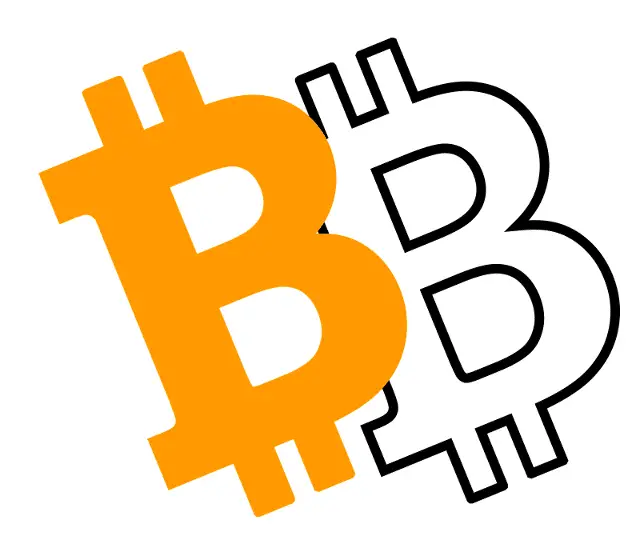On August 1st, an experimental hard fork of the original Bitcoin software occurred, resulting in two diverging versions of the Bitcoin software and blockchain ledger. Bitcoin is still called Bitcoin, of course, while the newly-forked version has been named Bitcoin Cash.
Bitcoin users and investors feared the fork might destabilize the Bitcoin price, but nevertheless the original Bitcoin universe remains unperturbed by the presence of the cryptocurrency newcomer. That said, there is still confusion lingering about what this fork means for Bitcoin.
In open source software development, a ‘hard fork’ happens when developers duplicate the same piece of software and split it into two versions, each of which are then further developed as separate packages and maintained by different groups.
Often, a fork is caused by disagreement between two camps of developers with their own vision for the software, and this fits the scenario we are seeing with Bitcoin / Bitcoin Cash.
The split comes as no big surprise to some, as a potential hard fork was anticipated since earlier this year based on discussions surrounding a new Bitcoin upgrade proposal called SegWit2x, which seeks to raise the blockchain block size limit from 1MB to 2MB.
The current 1MB block size limit has been a point of contention for some time, with several prominent developers having called for an increase in the block size in the past. SegWit2x would have caused a hard fork as a result of raising the block size, and as it stands, Bitcoin Cash developers have pre-empted SegWit2x’s promised 2MB increase by setting their own blockchain block size limit to a whopping 8MB.
This unexpected, and some might say hasty, decision may lead to insights into what will happen when Bitcoin hard-forks again with SegWit2x. Bitcoin developers and miners will no doubt be watching the fork’s development to study how an 8MB block size limit performs with the cloned Bitcoin codebase.
SegWit and the near future of Bitcoin
SegWit (Segregated Witness) has been accepted with majority support from Bitcoin miners and mining pools and it is expected to be in effect across the entire Bitcoin network by mid-August 2017. SegWit’s aim is to help the Bitcoin network accommodate more users with a number of practical code improvements. As SegWit will keep the block size limit at 1MB, it should not be confused with SegWit2x, which does not seem to have enough consensus to prevent a hard fork away from Bitcoin.
Some experts in the Bitcoin community are expecting initial confusion surrounding the release of Bitcoin Cash coinciding with SegWit developments, but the existing Bitcoin ecosystem is still going strong.
Summary: Bitcoin vs. Bitcoin Cash
In effect, Bitcoin has split into two types of Bitcoin, one version retaining the original Bitcoin name (abbrev. BTC), and the other being named, “Bitcoin Cash” (abbrev. BCC or BCH or Bcash, depending on the exchange). Bitcoin Cash has a block size limit of 8MB and no SegWit support, but it retains most other characteristics of Bitcoin.
Since Bitcoin Cash will never be Bitcoin, it will necessarily be seen as a spinoff. However, Bitcoin Cash may yet see success if it can attract enough of a following, a fact which is true of all cryptocurrencies. Critics point out that other cryptocurrencies like Litecoin already support block sizes higher than 1MB, deriding the novelty of Bitcoin Cash.
There is good news for regular Bitcoin users, though. If you owned Bitcoin at the time of the Bitcoin Cash fork, you now own that amount of Bitcoin in an altcoin that you didn’t ask for. That’s because the fork resulted in the entire Bitcoin blockchain being duplicated into Bitcoin Cash.
Perhaps this fork in the road actually leads somewhere. For now, we will have to wait and see. With Bitcoin Cash starting out with a market price of several hundred dollars, it might be wise to secure your entitled share, just in case.

Tom Davis is a technical contributor at TechWombat. He enjoys writing on IT, open source, electronics, and other geeky arcana. Tom’s always happy to reply to comments and corrections, so be nice and send him your thoughts at tomdavis@techwombat.com or in the comment section below.

